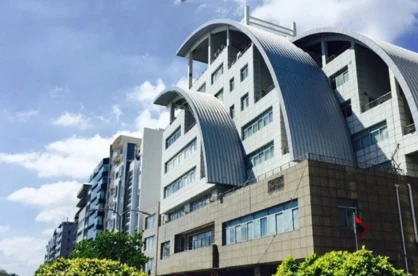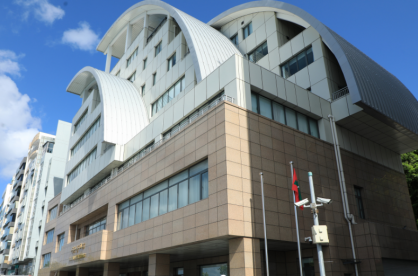Health Ministry faces backlash over plans to extend work hours
What adds a layer of complexity to the situation is the revelation that the Ministry proceeded with the decision without seeking counsel from the Civil Service Commission.

What adds a layer of complexity to the situation is the revelation that the Ministry proceeded with the decision without seeking counsel from the Civil Service Commission.

In a scenario that underscores the delicate balance between the demands of the public sector and the expectations of its workforce, the Ministry of Health finds itself entangled in a contentious debate over proposed changes to the working hours for its professional staff. Last week, an internal memo heralded an extension of working hours from 8:00 a.m. to 4:00 p.m., a decision justified by the implementation of a new pay framework introduced earlier this year.
However, a recent about-face by the Ministry, prompted by objections from technical staff, has raised questions about the consultation process and the potential impact of aligning civil service working hours with private sector norms. This move, made without seeking the guidance of the Civil Service Commission, has brought the Ministry's Permanent Secretary under scrutiny.
As discussions unfold, the implications of this decision are not only pertinent to the Health Ministry but also resonate with broader considerations about working conditions, job satisfaction, and workforce morale within the civil service sector.
The initial announcement made through an internal memo by Permanent Secretary Aishath Samiya, communicated a significant shift in the working hours for all Health Ministry employees, with the extension set to begin on December 2, 2023.
However, a subsequent memo circulated on Saturday, December 2, revealed a wave of discontent among technical staff who raised objections to the extended working hours.
In response, the Ministry declared its intention to engage in discussions with stakeholders and revert to the original working hours until a final decision is reached. While an extended two-hour timeframe might not feel like a big extension to many, it is a well-known fact that civil servants work from 08:00-02:00, often receiving pay which is significantly less compared to most private sector jobs, making it seemingly unfair for civil servants to work lengthy hours for a small pay-bump which is yet to come into effect.
What adds a layer of complexity to the situation is the revelation that the Ministry proceeded with the decision without seeking counsel from the Civil Service Commission (CSC). This unorthodox move prompted the CSC to summon the Ministry's Permanent Secretary for questioning.
The attempt to bridge the gap between private and public sector working hours without a corresponding adjustment in pay has underscored concerns among civil servants. There is surely a palpable fear of eroding the longstanding perks associated with government employment.
As negotiations unfold between the Ministry, the CSC, and concerned employees, the situation illuminates the intricate challenge of harmonizing working conditions within the civil service. The outcome of these discussions may not only impact the daily routines of Health Ministry staff but could also set a precedent for working conditions across the civil service sector, sparking discussions on job satisfaction and overall workforce morale.
The question that remains is whether this attempted alignment of working hours is a necessary step toward modernization or a precarious move that jeopardizes the well-established balance in the civil service sector.



